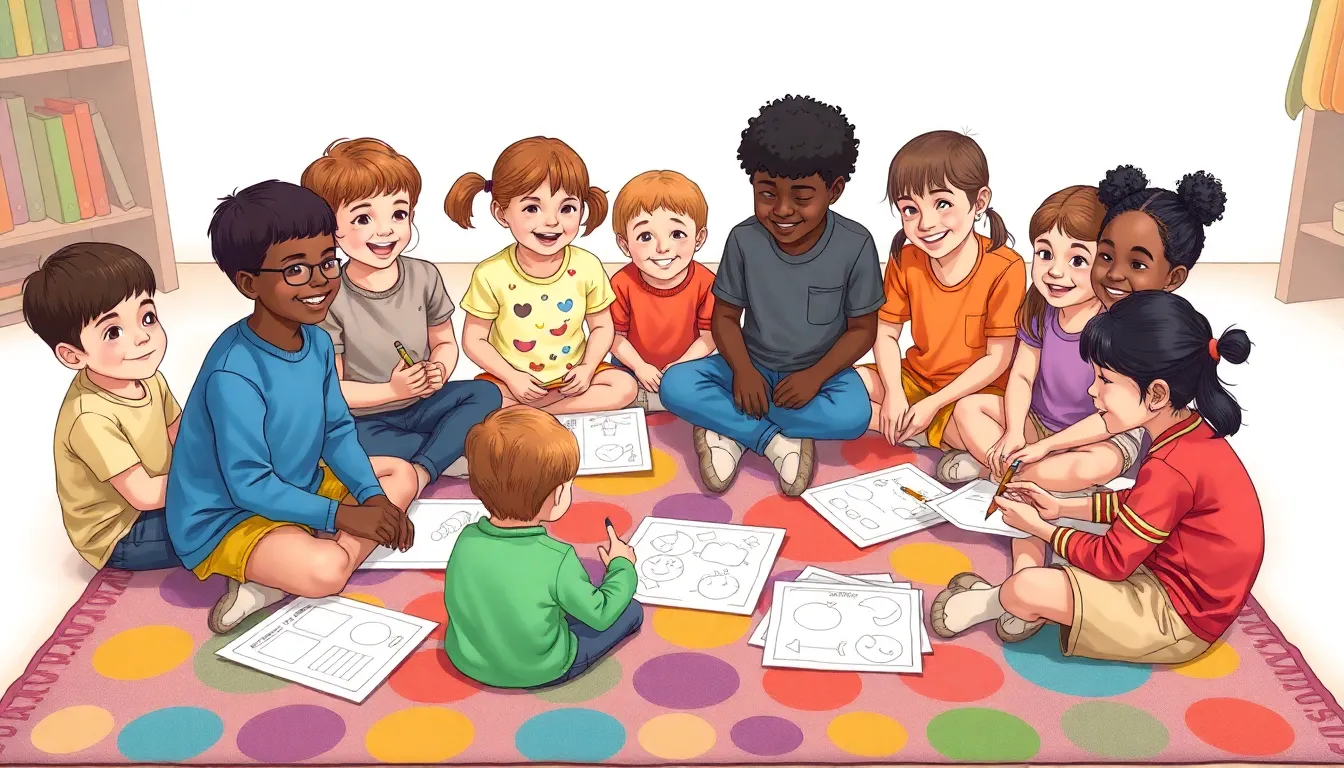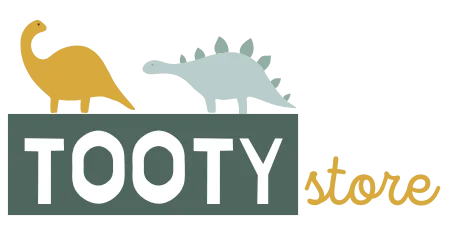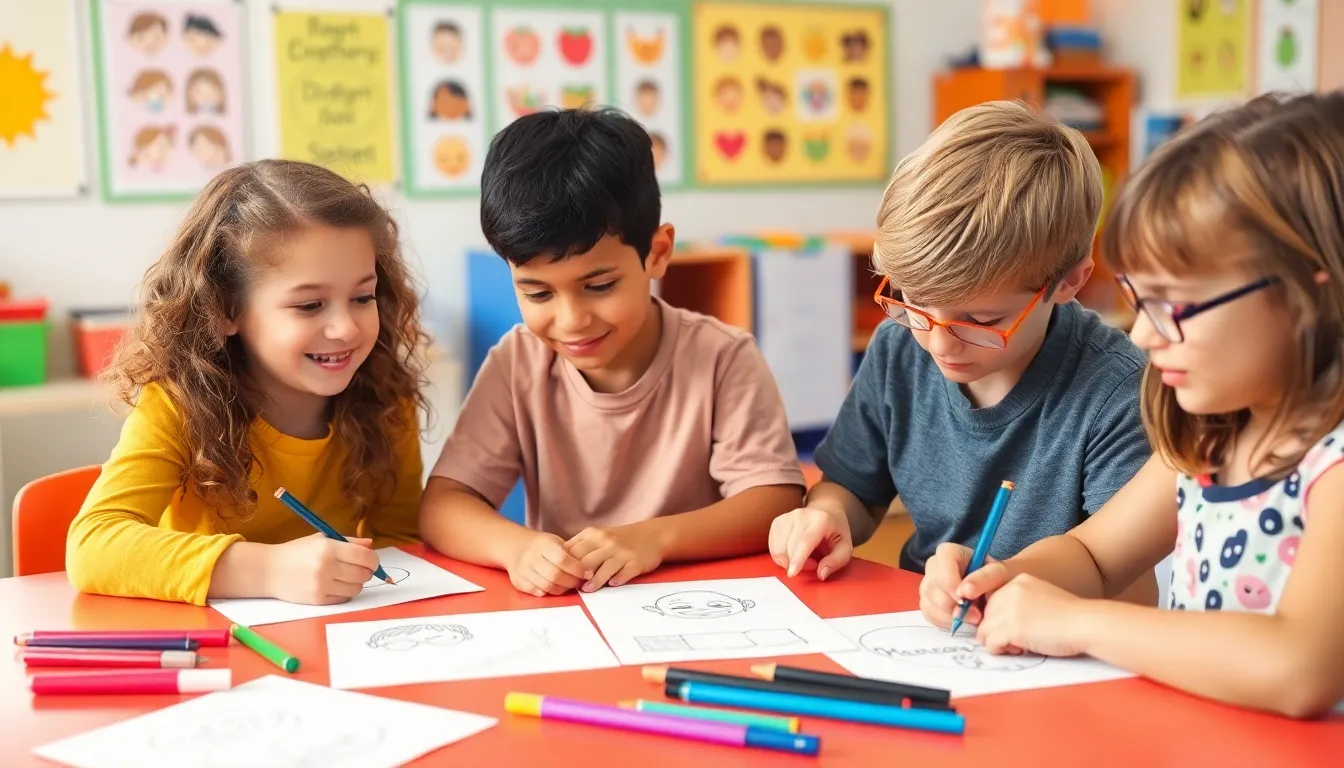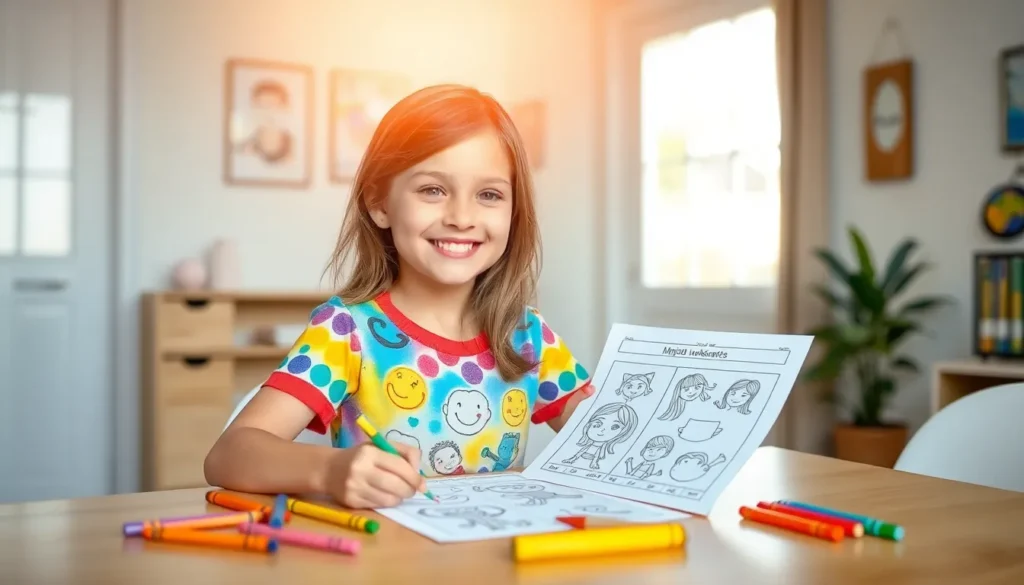Table of Contents
ToggleIn a world where kids juggle school, friends, and the occasional monster under the bed, mental health can easily take a backseat. Enter mental health worksheets for kids—the superhero sidekick every parent didn’t know they needed. These worksheets transform complex feelings into fun activities, making emotional learning as engaging as a game of tag.
Importance Of Mental Health Worksheets For Kids
Mental health worksheets for kids serve as vital tools for emotional development. These resources assist children in recognizing and articulating feelings.
Promoting Emotional Awareness
Emotional awareness forms the foundation for healthy expression. Worksheets guide children through identifying specific emotions. They provide prompts that encourage kids to label feelings, such as happiness, sadness, or anger. Engaging in this practice fosters a deeper understanding of their internal experiences. Activities like drawing or journaling can make abstract concepts tangible. Group discussions also arise from these exercises, promoting peer connection. Thus, children gain insight not only into their feelings but also the emotions of others.
Building Coping Skills
Coping skills help children manage challenging situations. Worksheets introduce various strategies, such as deep breathing or positive self-talk. Techniques are presented in a fun, interactive way, making them easy to remember. Scenarios depicted in worksheets enable kids to practice these skills in a safe space. Repetition solidifies understanding, allowing children to build resilience over time. Engaging in role-playing exercises further reinforces how to apply these coping methods in real life. Mastering these skills leads to improved emotional regulation and confidence in handling stress.
Types Of Mental Health Worksheets

Mental health worksheets for kids come in various types, each designed to address specific emotional and social needs. These resources provide valuable tools for children to understand and manage their mental well-being effectively.
Emotional Regulation Worksheets
Emotional regulation worksheets help children identify and express their feelings constructively. They provide prompts that encourage kids to label their emotions and develop strategies to manage them. Drawing or coloring activities often accompany these worksheets, making emotional learning engaging. For example, children might use a feelings chart to select emotions and describe situations that trigger them. To enhance understanding, they can explore coping mechanisms, such as breathing exercises or visualization techniques.
Anxiety Management Worksheets
Anxiety management worksheets offer strategies to help children cope with anxiety effectively. They often contain exercises that guide kids through recognizing anxious thoughts and replacing them with positive affirmations. Activities may include identifying triggers and creating action plans to deal with anxiety in different situations. Specific tools, like worry jars or breathing techniques, provide tangible methods for children to manage stress. Utilizing these worksheets regularly can decrease anxiety levels and improve overall emotional resilience.
Social Skills Worksheets
Social skills worksheets focus on fostering interpersonal skills in children. Engaging scenarios help kids practice communication, sharing, and empathy. They might include role-playing exercises or discussions about friendship and conflict resolution. Worksheets can also promote understanding of non-verbal cues, like facial expressions and body language. By completing these activities, kids enhance their ability to interact positively with peers, build friendships, and navigate social situations confidently. These vital skills contribute to healthier relationships and improved social interactions.
How To Use Mental Health Worksheets
Using mental health worksheets effectively enhances children’s emotional learning experiences. Parents and educators play an important role in integrating these resources into daily routines.
Integrating Worksheets Into Daily Routine
Incorporating worksheets into daily activities fosters consistency in emotional learning. For instance, setting aside time each day encourages children to express their thoughts and feelings. Morning or evening routines offer ideal moments for this practice. Group settings such as classrooms can create a shared experience where children reflect on their emotions together. Families can select specific worksheets based on ongoing emotional challenges or needs, providing targeted support. Engaging in these activities regularly builds familiarity and comfort, making emotional exploration more approachable.
Supporting Children With Guiding Questions
Guiding questions help children navigate their feelings while using worksheets. Asking open-ended questions encourages deeper understanding, allowing children to articulate their emotions clearly. For example, inquiring about their favorite coping strategies prompts reflection on emotional responses. Discussing challenges faced during the activities invites critical thinking and problem-solving. Additionally, offering specific scenarios, like moments of frustration, helps children connect worksheets to real-life situations. Creating a supportive environment enhances children’s confidence in expressing their feelings, ultimately leading to improved emotional regulation and awareness.
Resources For Mental Health Worksheets
Various resources offer mental health worksheets for kids, ensuring parents and educators can easily access valuable tools tailored to children’s needs.
Online Platforms
Numerous online platforms feature mental health worksheets designed for children. Websites like KidsHealth and The Child Mind Institute provide interactive activities that engage kids while educating them about their emotions. Additionally, platforms such as Teachers Pay Teachers offer user-generated content, allowing educators to find diverse and creative worksheets. These resources often include PDFs that are easy to download and share, promoting flexibility in usage. In many cases, these worksheets also come with instructional guides that assist parents and teachers in facilitating discussions around emotional well-being.
Printable Worksheets
Printable worksheets serve as an essential resource in promoting mental health among children. Many websites offer carefully crafted worksheets that focus on topics like emotional expression, coping skills, and social interactions. The ability to print these worksheets allows parents and educators to use them in various settings, such as at home or in the classroom. Specific resources, including Pinterest, feature a variety of free templates that encourage creativity through drawing and journaling. By incorporating engaging activities, these printable worksheets support children’s emotional development while making learning enjoyable and accessible.
Mental health worksheets for kids serve as essential tools in fostering emotional awareness and resilience. By engaging children in fun and interactive activities, these worksheets simplify complex feelings and promote healthy coping strategies. They not only help kids articulate their emotions but also encourage meaningful connections with peers.
Integrating these resources into daily routines can significantly enhance emotional learning. Whether used at home or in classrooms, they provide a safe space for children to explore their feelings. With easily accessible resources available online, parents and educators can empower children to navigate their mental well-being confidently. Ultimately, these worksheets lay the foundation for a brighter emotional future.




